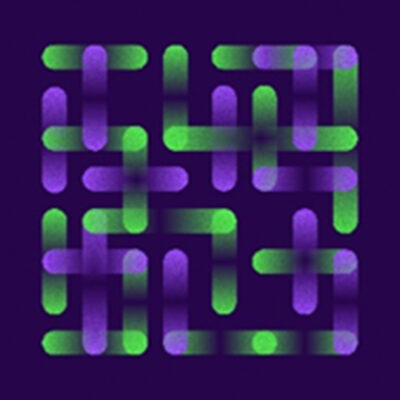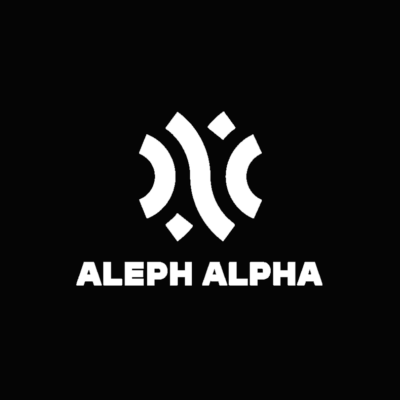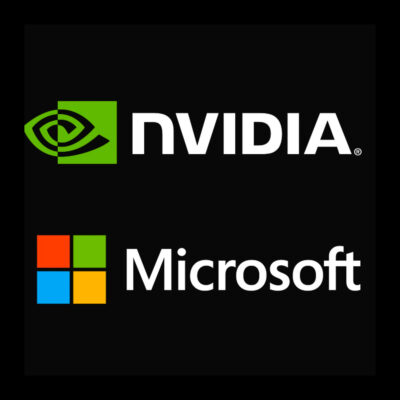Compare Models
-
OpenAI
ChatGPT (Web Browser Version)
FREEThe ChatGPT Web Browser Version is an accessible online powerful language model. The chatbot is designed to provide users with a user-friendly interface that facilitates interaction without needing any specialized programming or machine learning knowledge. Users can leverage ChatGPT for a wide range of applications, including but not limited to tutoring in academic subjects, generating creative content, drafting and editing text, providing personalized recommendations, translating languages, and even programming help. Businesses can use it for automating customer service, generating marketing content, and providing personalized user experiences.ChatGPT is powered by GPT-3.5-turbo by default and is free to try. If you are a paying customer and subscribe to ChatGPT Plus, you can change the model to GPT-4 before you start a chat. Currently, the ChatGPT models support several languages, including but not limited to English, Spanish, French, German, Portuguese, Italian and Dutch. New features for ChatGPT-Plus users have just been announced. These include a web-browsing feature that provides up-to-date information (prior to the update, ChatGPT was limited in what it could answer, as it was only trained on data until 2021). ChatGPT-Plus users can also access third-party plug-ins for web services like Expedia, Kayak, and Instacart. With these plug-ins, users can prompt ChatGPT to perform tasks on specific websites. -
OpenAI
Davinci Instruct model
$0.02Davinci is the most capable Instruct model and it can do any task the other models can (Ada, Babbage and Curie), often with higher quality. InstructGPT models are sibling models to the ChatGPT. They are built on GPT-3 models but made to be safer, more helpful, and more aligned to users’ needs using a technique called reinforcement learning from human feedback (RLHF). Instruct models are meant to generate text with a clear instruction, and they are not optimized for conversational chat. Instruct models are optimized to follow single-turn instructions (e.g., specifically designed to follow instructions provided in a prompt). Developers can use Instruct models for extracting knowledge, generating text, performing NLP tasks, automating tasks involving natural language, and translating languages. Instruct models make up facts less often than GPT-3 base models and show slight decreases in toxic output generation. Access is available through a request to OpenAI’s API. -
Aleph Alpha
Luminous-base
$0.0055Aleph Alpha have the Luminous large language model. Luminous models vary in size, price and parameters. Luminous-base speaks and writes 5 languages: English, French, German, Italian and Spanish and the model can perform information extraction, language simplification and has multi-capable image description capability. Aleph Alpha is targeting “critical enterprises” — organizations like law firms, healthcare providers and banks, which rely heavily on trustable, accurate information. You can try Aleph Alpha models for free. Go to the Jumpstart page on their site and click through the examples on Classification and Labelling, Generation, Information Extraction, Translation & Conversion and Multimodal. Aleph Alpha are based in Europe, allowing customers with sensitive data to process their information in compliance with European regulations for data protection and security on a sovereign, European computing infrastructure. -
Aleph Alpha
Luminous-extended
$0.0082Aleph Alpha luminous-extended is the second largest model which is faster and cheaper than Luminous-supreme. the model can perform information extraction, language simplification and has multi-capable image description capability. You can try Aleph Alpha models with predefined examples for free. Go to at the Jumpstart page on their site and click through the examples on Classification and Labelling, Generation, Information Extraction, Translation and Conversion and Multimodal. Aleph Alpha are based in Europe, which allows customers with sensitive data to process their information in compliance with European regulations for data protection and security on a sovereign, European computing infrastructure. -
Aleph Alpha
Luminous-supreme
$0.0319Supreme is the largest model but the most expensive Aleph Alpha Luminous model. Supreme can do all the tasks of the other smaller models (it speaks and writes 5 languages, English, French, German, Italian and Spanish and can undertake Information extraction, language simplification, semantically compare texts, summarize documents, perform Q&A tasks and more) and is well suited for creative writing. You can try out the Aleph Alpha models for free. Go to the Jumpstart page on their site and click through the examples on Classification & Labelling, Generation, Information Extraction, Translation & Conversion and Multimodal. -
Aleph Alpha
Luminous-supreme-control
$0.0398Supreme-control is its own model, although it is based on Luminous-supreme and is optimized on a certain set of tasks. The models differ in complexity and ability but this model excels when it can be optimized for question and answering and Natural Language Inference.You can try out the combination of the Aleph Alpha models with predefined examples for free. Go to at the Jumpstart page on their site and click through the examples on Classification & Labelling, Generation, Information Extraction, Translation & Conversion and Multimodal. -
Microsoft, NVIDIA
MT-NLG
OTHERMT-NLG (Megatron-Turing Natural Language Generation) uses the architecture of the transformer-based Megatron to generate coherent and contextually relevant text for a range of tasks, including completion prediction, reading comprehension, commonsense reasoning, natural language inferences, and word sense disambiguation. MT-NLG is the successor to Microsoft Turing NLG 17B and NVIDIA Megatron-LM 8.3B. The MT-NLG model is three times larger than GPT-3 (530B vs 175B). Following the original Megatron work, NVIDIA and Microsoft trained the model on over 4,000 GPUs. NVIDIA has announced an Early Access program for its managed API service to the MT-NLG model for organizations and researchers. -
OpenAI
text-embedding-ada-002
$0.0001An embedding API model, such as Ada, is a powerful tool that converts words into numerical representations, enabling computers to understand and process natural language more effectively. This process is crucial for developing machine learning algorithms and artificial intelligence systems that can interact with humans, analyze text, or make predictions based on text. OpenAI’s text embeddings is built for advanced search, clustering, topic modeling, and classification functionality.Access is available through a request to OpenAI’s API.





